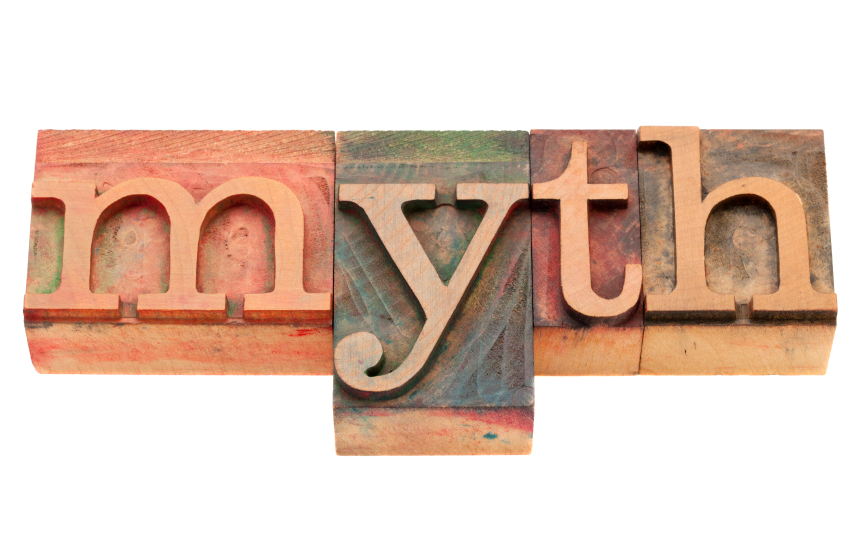WHAT IS A MYTH?
From the Greek mythos, myth means story or word. Mythology is the study of myth. As stories , myths articulate how characters undergo or enact an ordered sequence of events. The term myth has come to refer to a certain genre (or category) of stories that share characteristics that make this genre distinctly different from other genres of oral narratives, such as legends and folktales. Many definitions of myth repeat similar general aspects of the genre and may be summarized thus: Myths are symbolic tales of the distant past (often primordial times) that concern cosmogony and cosmology (the origin and nature of the universe), may be connected to belief systems or rituals, and may serve to direct social action and values.
The classic definition of myth from folklore studies finds clearest delineation in William Bascom’s article “The Forms of Folklore: Prose Narratives” where myths are defined as tales believed as true, usually sacred, set in the distant past or other worlds or parts of the world, and with extra-human, inhuman, or heroic characters. Such myths, often described as “cosmogonic,” or “origin” myths, function to provide order or cosmology, based on “cosmic” from the Greek kosmos meaning order (Leeming 1990, 3, 13; Bascom, 1965). Cosmology’s concern with the order of the universe finds narrative, symbolic expression in myths, which thus often help establish important values or aspects of a culture’s worldview. For many people, myths remain value-laden discourse that explain much about human nature.


